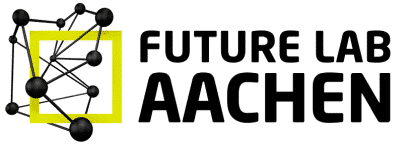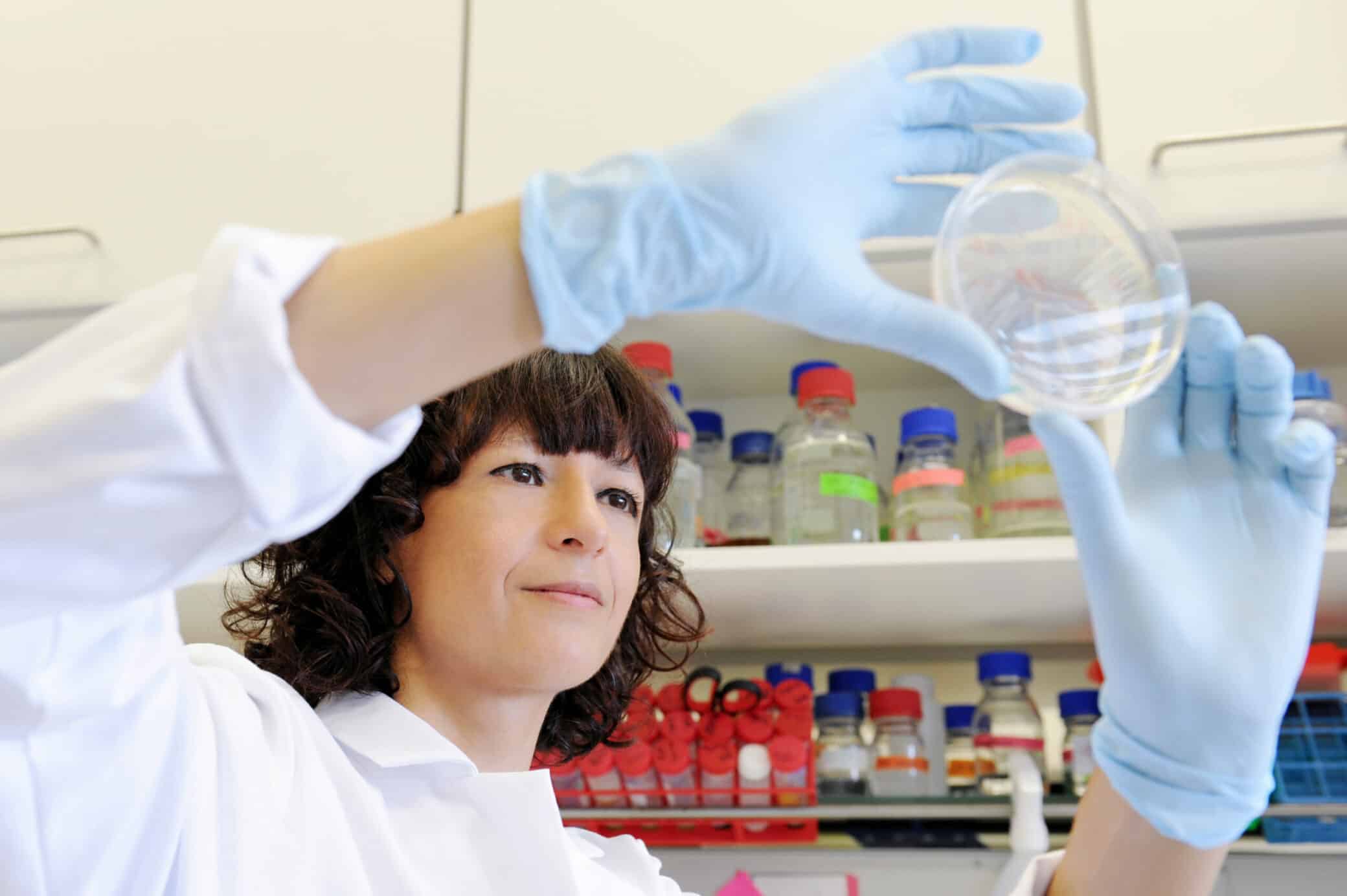In Emmanuelle Charpentier’s words, microbiologists are engineers who work with genetic tools. The director of the Max Planck Institute for Infection Biology in Berlin is to receive the Aachen Engineering Award 2018.
The name Emmanuelle Charpentier is associated with one of the most groundbreaking scientific discoveries in recent times. As the co-inventor of the genome editor CRISPR-Cas9 (Clustered Regularly Interspaced Short Palindromic Repeats), she has developed a genetic engineering tool that, among other things, brings treatment of genetic defects and serious illnesses like cancer within our reach.
Signalling the importance of interdisciplinary collaboration
In her research, discoveries in the natural sciences are also applied with an engineering frame of mind. “The decision to honour Professor Charpentier with the Aachen Engineering Award is also intended as a signal that interdisciplinary collaboration is a self-evident aspect of engineering sciences and of our work as engineers,” Professor Udo Ungeheuer, Chairman of the Advisory Board of the Association of German Engineers (VDI), emphasises. “Microbiologists are engineers who work with genetic tools,” says Charpentier.
The Aachen Engineering Award is jointly awarded by RWTH and the City of Aachen, with the kind support of the Association of German Engineers VDI as donors of the prize. The award is presented annually to individuals who have made a significant contribution to the positive perception and further development of engineering through their life’s work. This will be the fifth time the Aachen Engineering Award has been presented.
The award ceremony will take place on 7th September 2018 in Aachen’s Town Hall.
On 8th September 2018, Emmanuelle Charpentier will hold the keynote speech at the RWTH Aachen University Graduation Celebrations in the Dressage Stadium in the Soers.



